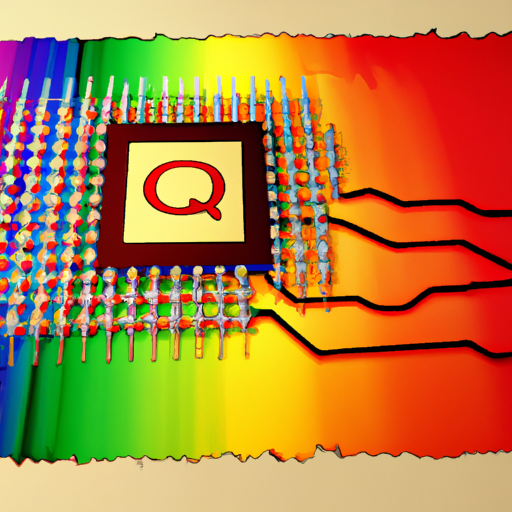As we stand on the brink of a technological revolution, quantum computing is poised to reshape the landscape of cryptography. With the potential to solve complex problems that traditional computers cannot, quantum computing raises both opportunities and challenges in the field of cybersecurity.
Understanding Quantum Computing
Quantum computing leverages the principles of quantum mechanics to perform calculations at unprecedented speeds. Unlike classical computers that use bits as the smallest unit of data, which can either be 0 or 1, quantum computers utilize qubits that can exist in multiple states at once. This unique property allows quantum computers to process vast amounts of data simultaneously, a capability that can put current encryption methods in jeopardy.
The Cryptography Threat
Current cryptographic systems, such as RSA and ECC (Elliptic Curve Cryptography), are built on mathematical problems that classical computers find difficult to solve. However, quantum computers can efficiently execute Shor’s algorithm, which can factor large numbers exponentially faster than classical algorithms. As a result, data that is considered secure today could become vulnerable once quantum computers become widely available.
Quantum Cryptography: The Solution to Cybersecurity Challenges
In light of these threats, a new field called quantum cryptography has emerged. By using the principles of quantum mechanics, quantum key distribution (QKD) allows two parties to generate a shared, secret randomness that can be used to encrypt and decrypt messages. This method ensures that any attempt to intercept the key will be detected, providing a new level of security.
Preparing for a Quantum-Resistant Future
Governments and organizations worldwide are beginning to recognize the importance of quantum resistance. Initiatives like the National Institute of Standards and Technology (NIST) are actively working on standardizing post-quantum cryptographic algorithms that can resist potential quantum attacks. This proactive approach is essential to secure our digital future against evolving threats.
Conclusion
As quantum computing technology continues to advance, both opportunities and threats will arise in the world of cryptography. It is vital for cybersecurity experts and organizations to stay informed and adopt quantum-resistant strategies to protect sensitive information. The transition to a quantum-safe cryptography environment is not just a necessity; it is an imperative for the future of digital security.
Stay Updated
For more news on quantum computing and cryptography, subscribe to our blog and receive the latest insights directly in your inbox!





